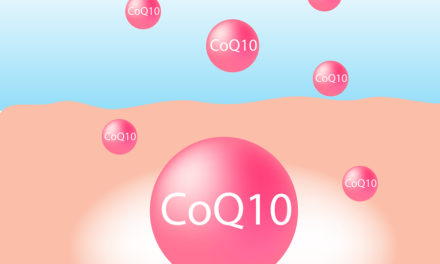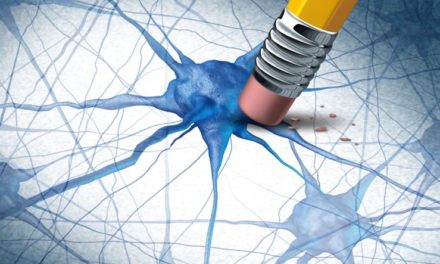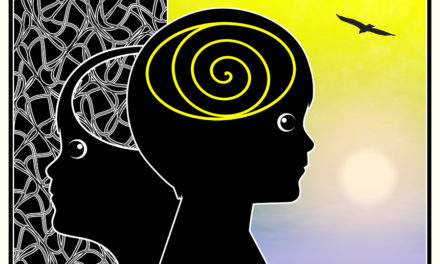Vitamin C and Stress
People already take vitamin C to fight the common cold, help with allergies and even use it to fight cancer. Now there is evidence to show that vitamin C can help reduce the physical and psychological effects of stress.
It seems that people with high levels of vitamin C in their blood do not show the expected mental and physical signs of stress when subjected to acute psychological challenges. They also bounce back from stressful situations quicker than people with low levels of vitamin C in their blood. This is from an article published in the October 2, 2002 issue of Psychology Today.
German researchers in one recent study had 120 subjects speak publicly and do difficult math problems. Half of the subjects were given 1,000 mg of vitamin C, half were not.
People who did not get the supplement produced higher levels of cortisol (an adrenal hormone produced in response to stress) and higher blood pressure than those who were given the supplement. Those who got vitamin C reported that they felt less stressed when they got the vitamin.
The researchers believe that vitamin C should be considered an essential part of stress management. Earlier studies have shown that vitamin C abolished secretion of cortisol in animals that had been subjected to repeated stress. Increased cortisol production is part of the “fight or flight” response to stress. High levels of adrenal hormones exhaust the body’s physical resources. They impair learning and memory, impair the immune system, increase blood pressure, and create susceptibility toward depression.
In animal studies, vitamin C fed to rats undergoing stress prevented the expected increase in cortisol levels. In addition, it prevented the animals from exhibiting signs of physical and emotional stress, such as the loss of body weight. Animals that did not receive vitamin C had a level of stress hormones in the blood that was three times greater than those who were supplemented.
It is likely that prehistoric humans consumed large amounts of vitamin C in a diet rich in fresh fruits. If so, the physiology that we have inherited may require far larger daily doses of vitamin C than the current RDA (which is 60 mg.). Vitamin C is abundant in fresh, uncooked fruits and vegetables, most notably in citrus fruits and both red and green peppers. One eight-ounce glass of fresh orange juice provides 97 mg of the vitamin.
Vitamin C is also found in papayas, cantaloupes, strawberries, broccoli, Brussels sprouts, tomatoes, asparagus and parsley. You will not find vitamin C in meat and poultry, and only a small amount in raw fish. Vitamin C is an unstable substance and is destroyed by cooking and exposure of food to light.






